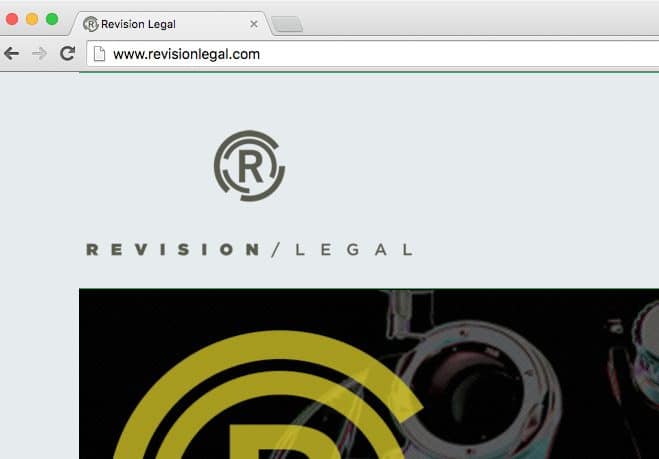Category: Internet Lawyer
Internet of Things Series Part III: Monopolization
Did you ever play that infamous game called Monopoly as a kid? If you did, were you ever any good? There are lots of different versions in existence today, but the idea is always the same: whoever can claim the most locations and put down buildings and hotels will often come out the winner. Everyone… READ MORE

UDRP Element 3: Bad Faith
UDRP Element 3: Bad Faith In case you missed it, we provided a general overview of the UDRP process here, and a more in-depth look at the first and second element of the UDRP. This post, however, delves deeper into the third element of the UDRP test, whether the domain was registered in bad faith…. READ MORE

Privacy Policy to Build Consumer Trust
If you have an online website or business, a privacy policy is a must. These legal notices generally outline how your website visitors’ personal information is used. For example, many websites collect IP addresses and later sell them to third parties. If you do not sell your information to a third-party, great! But, consumers want… READ MORE
Domain Name Transfers: Dispute Resolution Policy (TDRP)
When a domain name needs to be transferred from one registrar to another, problems can arise between registrars. ICANN, the global organization that “governs” internet identifier naming systems, has a policy for resolving domain transfer disputes between registrars. The procedures apply only after the registrars have made a good faith attempt to solve the problem on… READ MORE

FCC Preempts Restrictive Broadband Laws – Impact on Michigan
On February 26, 2015, the Federal Communications Commission voted to preempt state laws that restrict a municipality’s ability to expand outside its territory. This started when the City of Wilson, North Carolina and Chattanooga, Tennessee wanted to provide broadband service to residents of neighboring towns. They complained to the FCC that because of their state… READ MORE

In Rem Jurisdiction for Domain Names under the ACPA
When domain name owners are faced with litigating against an unknown cybersquatting defendant, the chances of recovery can seem low. However, due to the in rem provisions of the Anti-Cybersquatting Consumer Protection Act (ACPA), domain name owners have a powerful tool to protect their investments. In 1999, Congress passed the ACPA that established in rem jurisdiction… READ MORE
Cybersquatting Enforcement and in Rem Proceedings
In rem jurisdiction is the concept that a court can gain jurisdiction over a claim involving a piece of property within its jurisdiction even if the owner of the property is not domiciled in the court’s personal jurisdiction area. This idea is particularly relevant in the online space, as domain names are technically “physically” registered… READ MORE

Domain Theft Causes of Action to Recover Stolen Domain
Domain names are valuable to companies and private individuals alike because they connect entities to the World Wide Web—the Internet Age’s most dynamic, expansive, and heavily trafficked marketplace. Whether dealing in goods, data, or ideas, an online presence is a necessity for almost everyone. However, like all other property, domain names can be stolen. This… READ MORE

You are a Victim of Domain Name Theft. Now What?
We live in an intangible world. Our checks are directly deposited, we pay for goods with our phone, and our entertainment is available from anywhere with Wi-Fi. And while this is all extremely convenient, when digital assets go missing, we are left with a sense of hopelessness. This is especially true when Frozen has disappeared… READ MORE

Civil Actions Under the Computer Fraud and Abuse Act
The Computer Fraud and Abuse Act (CFAA), codified as 18 U.S.C. § 1030, provides for civil actions arising out of various cyber infractions. The CFAA prohibits: (1) the unauthorized accessing (2) of a “protected” computer (3) with the intent to either (a) obtain information, (b) further a fraud, or (c) damage the computer or its… READ MORE